7 New Things You Can Learn at Any Age (Yes, Even Now!)
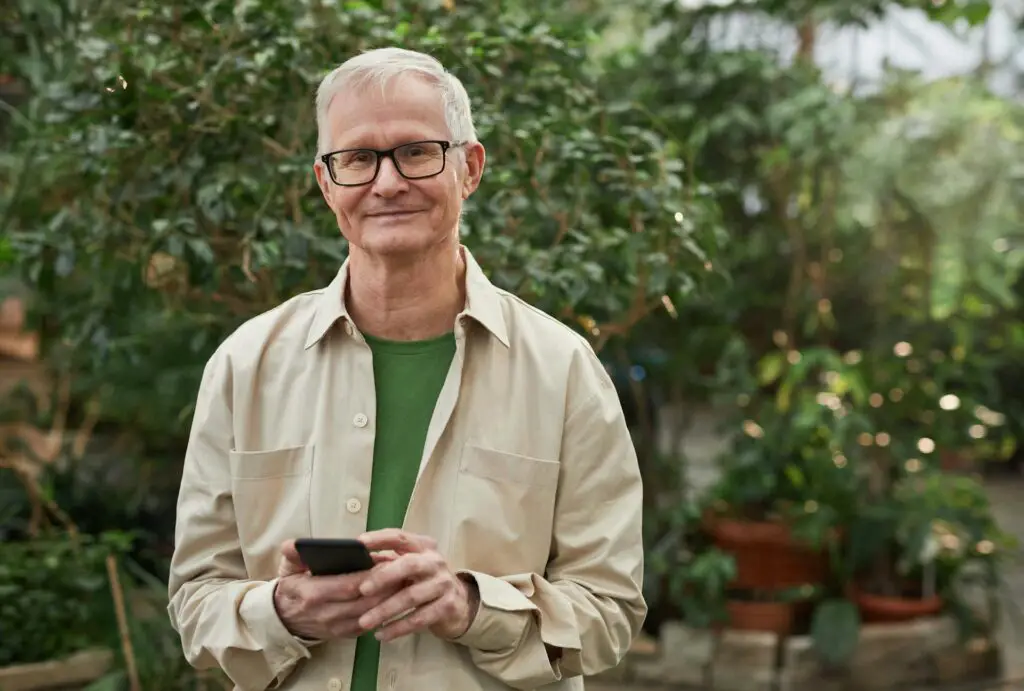
You’re never too old to start something new. The truth is, your brain loves a good challenge, and your soul thrives when it gets to play, explore, and grow. Whether you’re looking to sharpen your mind, spark some joy, or simply break your routine, learning a new skill can be one of the most rewarding things you do. Here are seven beginner-friendly things you can dive into right now—no age limit, no pressure, just pure curiosity.
1. Drawing or Sketching
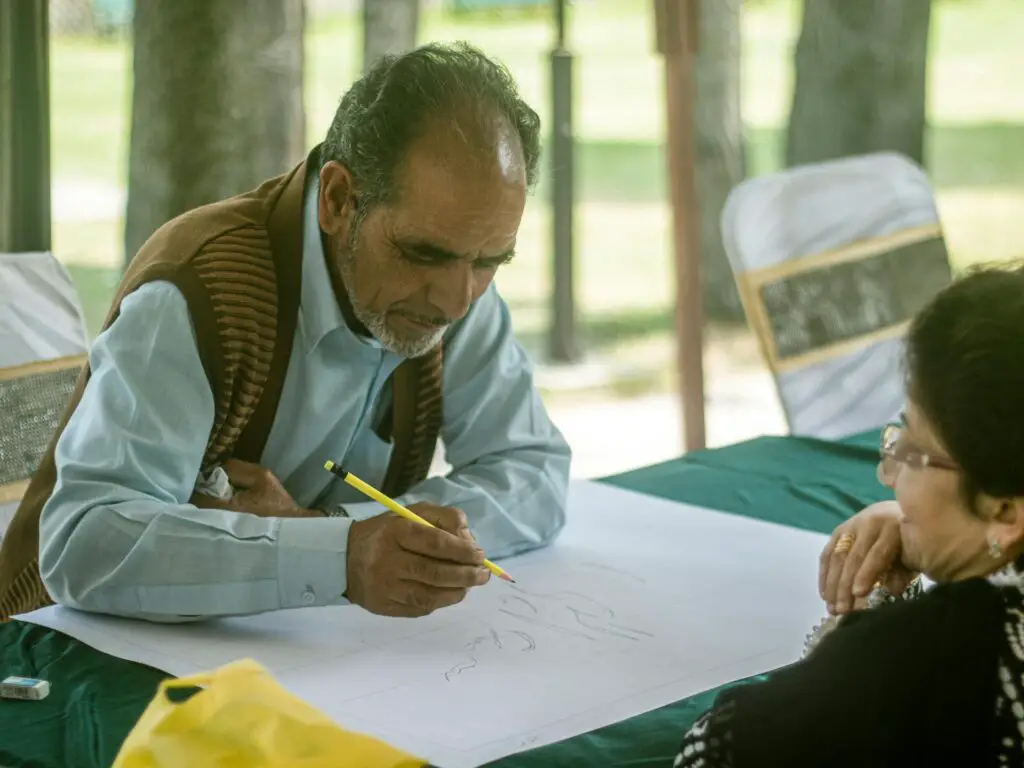
You don’t have to be born with talent to enjoy drawing. In fact, most people improve fast with just a little daily practice. Sketching helps you slow down and pay attention to the small things—shapes, light, texture. It also trains hand-eye coordination and gives your brain a quiet task to focus on. There are tons of free tutorials online for beginners, and all you need to start is a pencil and paper. Plus, drawing can be very calming—almost like meditation.
2. Birdwatching
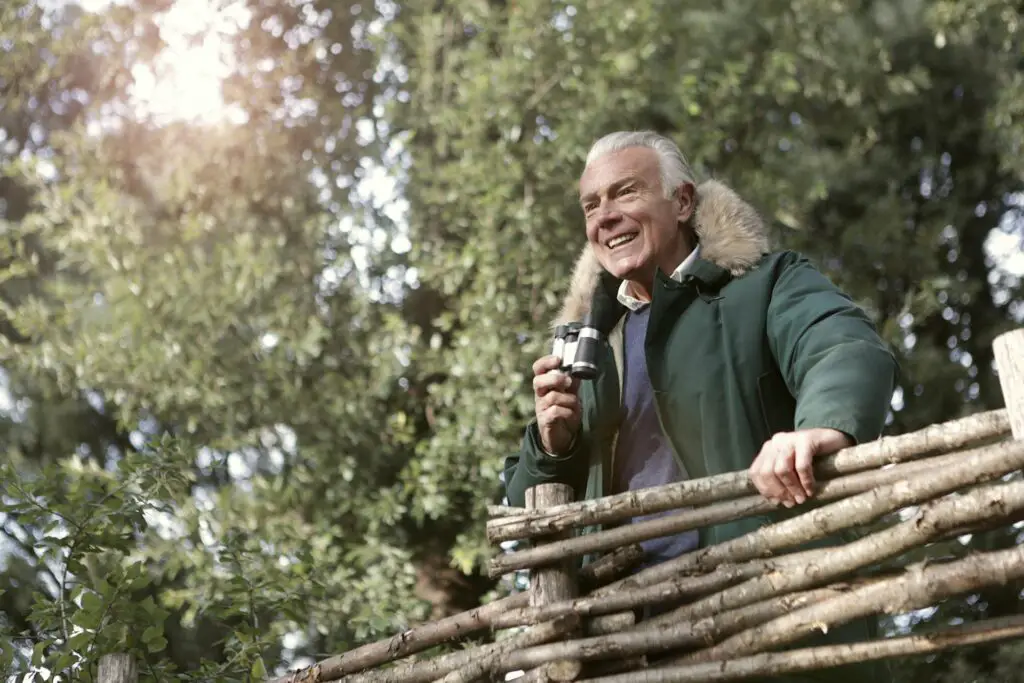
Birdwatching, or “birding,” is a quiet hobby that turns everyday walks into mini adventures. All it takes is a little patience, a notebook, and maybe a pair of binoculars. You start to notice colors, songs, and patterns you’d normally miss. Many people say birding makes them feel more present and in tune with the seasons. Fun fact: over 45 million Americans do some kind of birdwatching every year. It’s easy to start and brings a real sense of wonder.
3. Learning to Dance
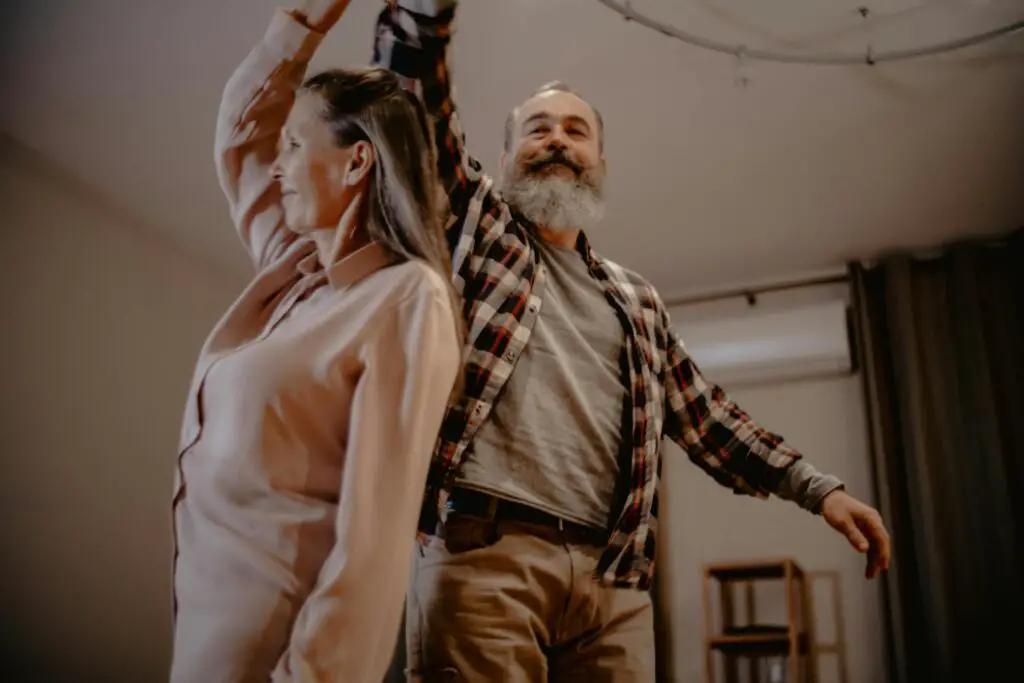
You don’t need to be on Dancing with the Stars to enjoy moving to music. Whether it’s salsa, swing, or just grooving in your kitchen, dancing wakes up the body and lifts your mood. It’s also great cardio and helps with balance and coordination. There are beginner classes online and in local community centers, many of which don’t require a partner. Dancing has even been shown to help brain health and memory in older adults.
4. Calligraphy or Hand Lettering

Calligraphy is both an art form and a soothing way to spend time. It’s all about forming letters with flair, and you don’t need fancy tools to start. Many people find it helps with focus and hand control, especially if you like slow, quiet crafts. You can use your skills to decorate cards, journals, or even signs for events. Unlike typing, writing by hand can slow your thoughts and help you feel more present.
5. Learning Chess
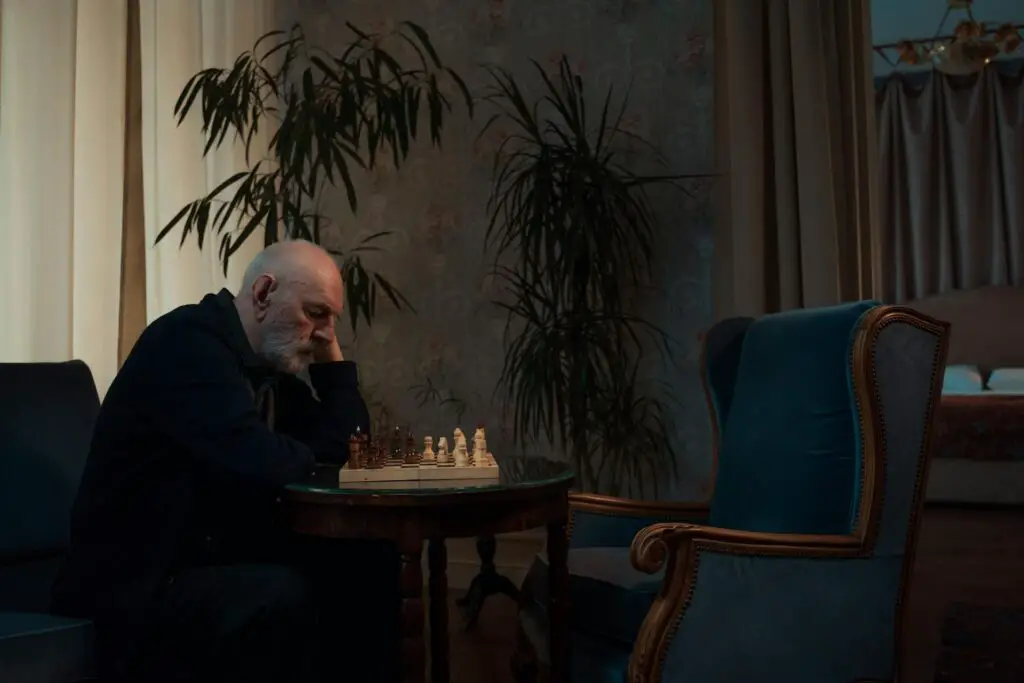
Chess might seem tough at first, but it’s surprisingly fun once you get the hang of the basics. It sharpens your memory, teaches patience, and boosts your ability to plan ahead. You can play online for free or use apps to learn step-by-step. A cool fact: kids and seniors often learn chess side-by-side in community clubs, and both groups benefit in different ways. It’s a game that really stretches your thinking—and it never gets boring.
6. Journaling or Storytelling
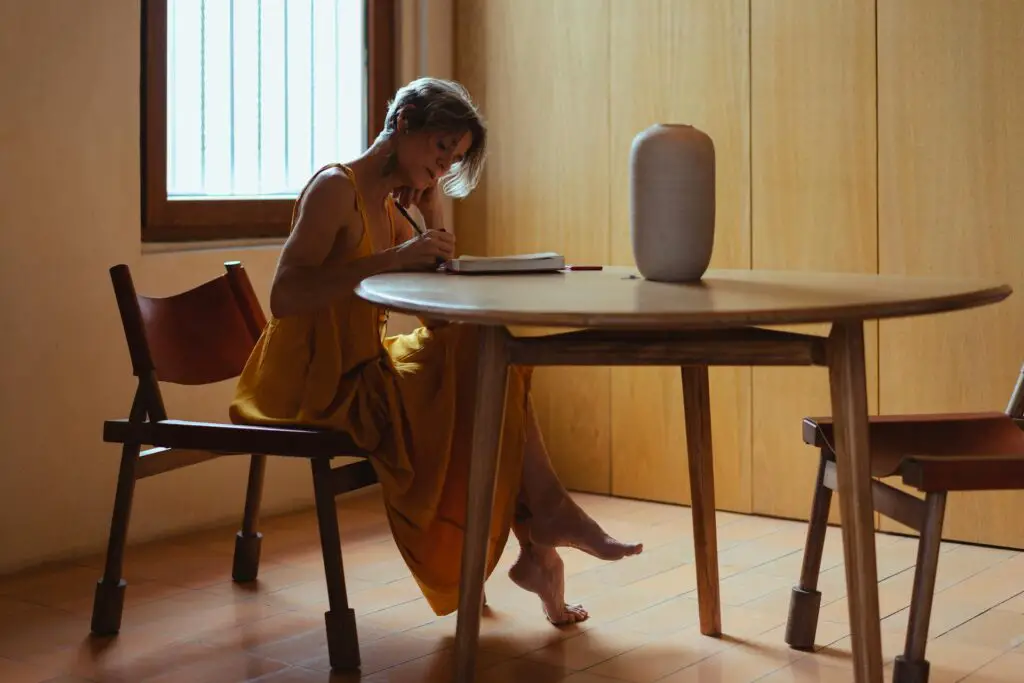
Writing your thoughts down can be one of the best ways to process your day. You don’t have to be a great writer—just honest. Journaling helps improve mood, track goals, and make sense of big feelings. If you enjoy writing, you can even try storytelling, like sharing memories or making up short tales. It’s fun to write stories for your kids or grandkids—or even yourself. Bonus: writing regularly keeps your mind sharp.
7. Learning About the Night Sky
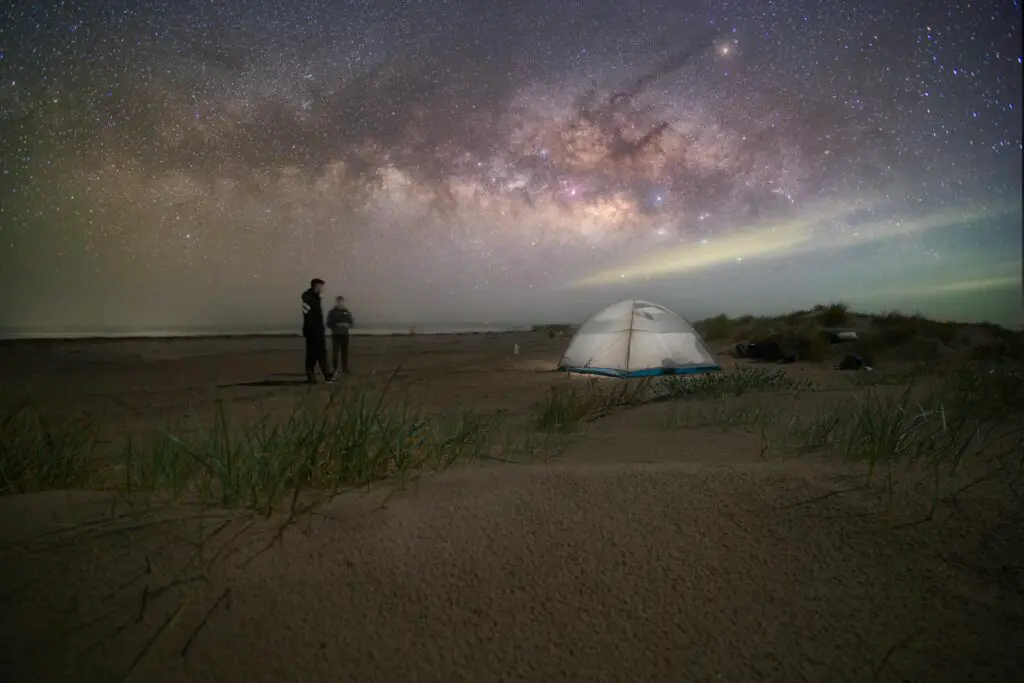
Stargazing is more than just looking up. It’s about learning the names of constellations, spotting planets, and watching the moon shift through its phases. Even in cities, you can often see a few stars—and there are great phone apps that help you name what you’re looking at. Learning about the cosmos puts things in perspective and adds a little magic to the night. No telescope needed—just your eyes and some curiosity.
Conclusion

Learning something new doesn’t mean starting a second career or becoming an expert. It’s about feeding your sense of wonder, staying sharp, and doing something that feels good. Whether it’s sketching a tree, spotting a cardinal, or writing down your favorite memory, these small acts have a big impact. Pick one and see where it takes you—because no matter your age, your best chapters can still be full of firsts.
Leave a Reply